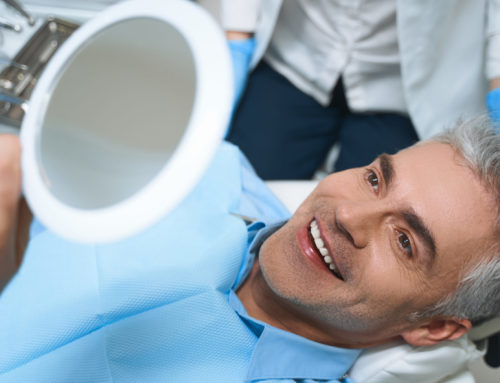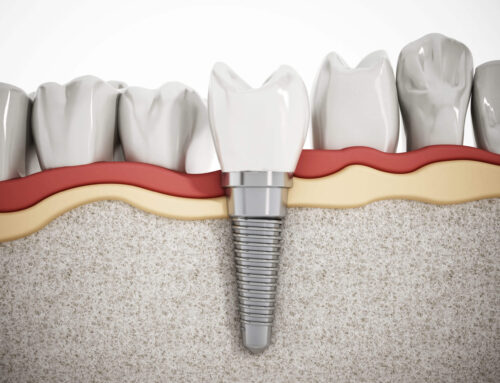For patients dealing with dry mouth, it may seem like a small but annoying issue at first. Yet, they soon learn that it can quickly turn problematic if left untreated. Dental practitioners constantly receive complaints from patients about dry mouth. Yet thankfully, they’re able to treat many cases before they turn into something worse. In this article, the oral maxillofacial surgeons of OMSH discuss the causes, symptoms, and treatments for dry mouth.
What is Dry Mouth?
Dry mouth is an oral condition where your salivary glands simply don’t produce enough saliva to keep the mouth moist. Throughout the day and night, your mouth must maintain an adequate amount of saliva [spittle] to help sustain oral health. According to the ADA, the reasons why dry mouth occurs can be due to various factors, like smoking or consuming certain foods and/or drinks. At the same time, if you habitually breathe and sleep with your mouth open, that’s another factor. Even as we age, we’re more at risk of experiencing this condition at some point. Lastly, patients with various health conditions or those taking certain medications can experience dry mouth as a side-effect. As such, treatment options will vary based on each patient’s causes and symptoms.
What Happens If I Don’t Treat It?
Many of us often take having saliva for granted, until we experience what it’s like to not have enough. When you deal with dry mouth, you start to develop many functional complications. First and foremost, and perhaps the scariest issue, is you may have issues eating and swallowing. It’s very difficult to chew and swallow your food without enough saliva. In fact, saliva is a vital part of helping your food digest. It initially breaks down food with digestive enzymes so you can swallow it.
Second, you have a higher risk of developing tooth decay over time when you don’t deal with dry mouth. Another function of saliva is that it neutralizes acids from bacteria and rinses it away from your mouth each time you swallow. If you don’t allow a dental practitioner to treat dry mouth, the bacteria, plaque, and acids will continue to grow and cause severe tooth decay.
Other complications that can develop from dry mouth are bad breath, problems communicating, and various oral infections. All of these complications put you at further risk of developing more serious conditions. This is why it’s important that you seek dental attention right away once you notice you have dry mouth. Which consequently leads us to our next segment…
How Can Dental Practitioners Help?
You will certainly need a dental practitioner to help you determine your particular cause of dry mouth. In fact, once you learn the cause or causes, you’ll know how to treat the condition. When you consult with an oral maxillofacial surgeon, you’ll want to discuss all your symptoms and issues. As highly-skilled oral and medical physicians, oral maxillofacial surgeons will quickly be able to recommend effective treatment solutions.
In fact, there are times when you may experience dry mouth after having oral surgery. During these instances, they will provide post-operative instructions on how to care for your mouth after surgery. In that, you’ll learn what to watch out for if you experience dry mouth or dry socket, and reduce those risks.
If your dryness stems from medication, your physician may be able to adjust your prescriptions to prevent the condition. Furthermore, practitioners can prescribe clinical rinses, help you stop smoking, and help you receive breathing machine for sleep apnea. All of these various treatment options, along with you maintaining good oral hygiene practices, can help alleviate dry mouth.
For more information and assistance, connect with the oral maxillofacial surgeons of Houston [OMSH]. Give us a call at (832) 509-4505. If you’re experiencing dry mouth, don’t wait, seek help now.






